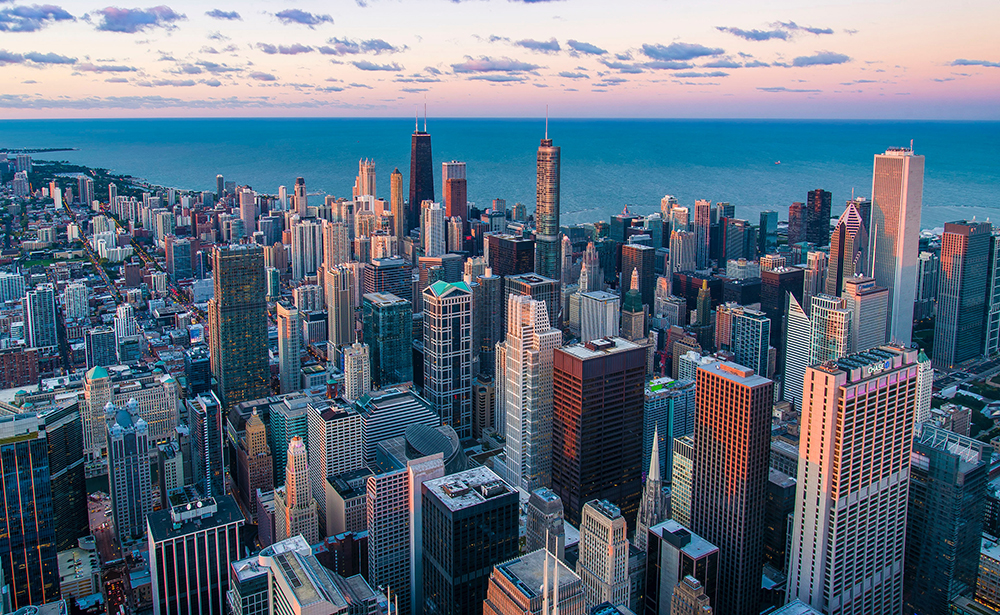
Iranian President Hassan Rouhani chairs a cabinet meeting in Tehran, on Jan. 15, 2020.
-/AFP/Getty Images
Iran is warning that European troops in the Middle East could be in danger after Britain, France and Germany intensified the pressure on Iran by triggering a dispute mechanism in a 2015 nuclear agreement.
The threat by Iranian President Hassan Rouhani is the latest escalation of tensions over Irans nuclear program. Earlier this month, after the U.S. assassination of a top Iranian military commander, Tehran announced that it would abandon all of the limits imposed by the 2015 nuclear agreement. Washington has already renounced the deal.
Today, the American soldier is in danger, tomorrow, the European soldier could be in danger, Mr. Rouhani said at a televised cabinet meeting on Wednesday.
Story continues below advertisement
He gave no further explanation. Thousands of European troops are serving in various roles in Iraq, Afghanistan, Lebanon and the Persian Gulf states.
The administration of U.S. President Donald Trump applied heavy pressure on the European countries to invoke the dispute mechanism, even threatening to impose a 25-per-cent tariff on European automobiles if they failed to do so, according to a report on Wednesday in the Washington Post.
European officials were shocked by the threat and some of them saw it as extortion, the report said. Even before the U.S. threat, the three countries had already been considering the triggering of the dispute mechanism, which could lead to further sanctions against Iran, but could also force it back to the negotiating table to salvage the deal.
In another sign of the nuclear tensions, Israeli Prime Minister Benjamin Netanyahu repeated his vow to destroy the Iranian nuclear program if it comes close to developing a nuclear weapon.
We know exactly what is happening with the Iranian nuclear program, Mr. Netanyahu said on Tuesday. Iran thinks it can achieve nuclear weapons. I reiterate: Israel will not allow Iran to achieve nuclear weapons.
He also urged all Western countries to immediately restore the sanctions against Iran that had been lifted under the 2015 deal, which was aimed at preventing Iran from developing nuclear weapons.
Israeli media reported on Tuesday that Israeli army intelligence experts are estimating that Iran will have enough enriched uranium by the end of this year to produce one nuclear bomb, although it will need two years to produce a missile capable of carrying it.
Story continues below advertisement
Britain, France and Germany announced on Tuesday that they are invoking the dispute mechanism in the nuclear agreement because of Iranian violations of the deal. This followed Irans declaration, after the U.S. assassination of General Qassem Soleimani, that it wont abide by any of the limits imposed by the nuclear deal, although it will continue to allow United Nations inspectors to monitor the program.
The European countries said they were reluctantly triggering the dispute clause in an attempt to force Iran to return to the negotiating table. The announcement starts the clock on a process that could eventually lead to the reintroduction of the sanctions that were lifted by the 2015 agreement.
Since Mr. Trump announced in 2018 that Washington was abandoning the nuclear agreement and reimposing sanctions on Iran, the Iranian government has taken a series of escalating steps to free itself from the restrictions in the agreement.
In a joint statement this week, the foreign ministers of the three European countries warned that Irans continuing violation of the restrictions in the nuclear agreement has increasingly severe and non-reversible implications for the threat of nuclear proliferation.
The European foreign ministers, in their statement, noted that they had repeatedly voiced their concerns to Iran about its breaches of the agreement, so they had no choice but to invoke the dispute mechanism after Iran declared on Jan. 5 that it would ignore the limits in the agreement.
We do this in good faith with the overarching objective of preserving the JCPoA [the nuclear agreement] and in the sincere hope of finding a way forward to resolve the impasse through constructive diplomatic dialogue, while preserving the agreement and remaining within its framework, the ministers said.
Story continues below advertisement
The ministers said they arent joining the U.S. campaign of maximum pressure on Iran, but they still hope to bring Iran back into full compliance with its commitments under the nuclear deal.
Despite the Iranian threats, there are still hopes for a return to negotiations. Iranian Foreign Minister Mohammad Javad Zarif said on Wednesday that the nuclear deal is not dead although he said its future depends on Europe. And British Prime Minister Boris Johnson has called on Mr. Trump to replace the 2015 nuclear deal with an agreement of his own.
Mr. Trump tweeted on Tuesday that he agreed with Mr. Johnson on the need for a new agreement.
Mr. Zarif, however, rejected the idea, saying that the United States is untrustworthy. If I have a Trump deal, how long will it last? he asked on Wednesday at a security conference in New Delhi.
France, Britain, and Germany have triggered a mechanism that puts the Iran nuclear deal into dispute, which if no resolution is reached, could lead to a return to the U.N. sanctions it lifted.Reuters
Our Morning Update and Evening Update newsletters are written by Globe editors, giving you a concise summary of the days most important headlines. Sign up today.





More Stories
US president-elect Joe Biden has listed four priorities for his forthcoming presidency. These include Covid-19, economic recovery, racial equity and climate change.
What are the restrictions within Victoria and the border closures with NSW and Queensland? How far can I travel, and how many people can I have over at my house? Untangle Australia’s Covid-19 laws and guidelines with our guide
Apple has suspended new business with supplier Pegatron after the Taiwan-based original equipment manufacturer misclassified student workers. Apple also said Pegatron broke its Code of Conduct for suppliers. In a statement provided to Bloomberg, Apple said, “…